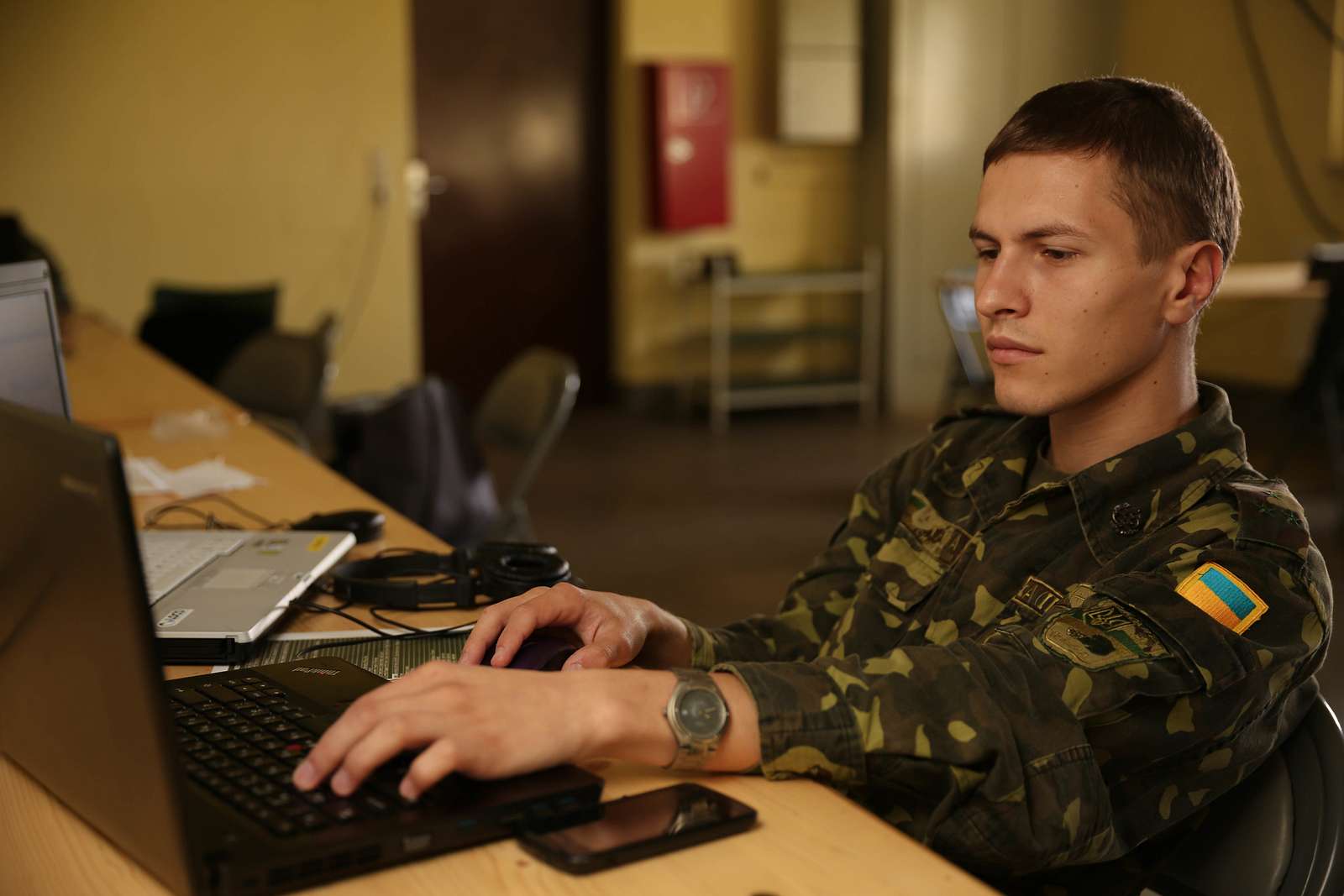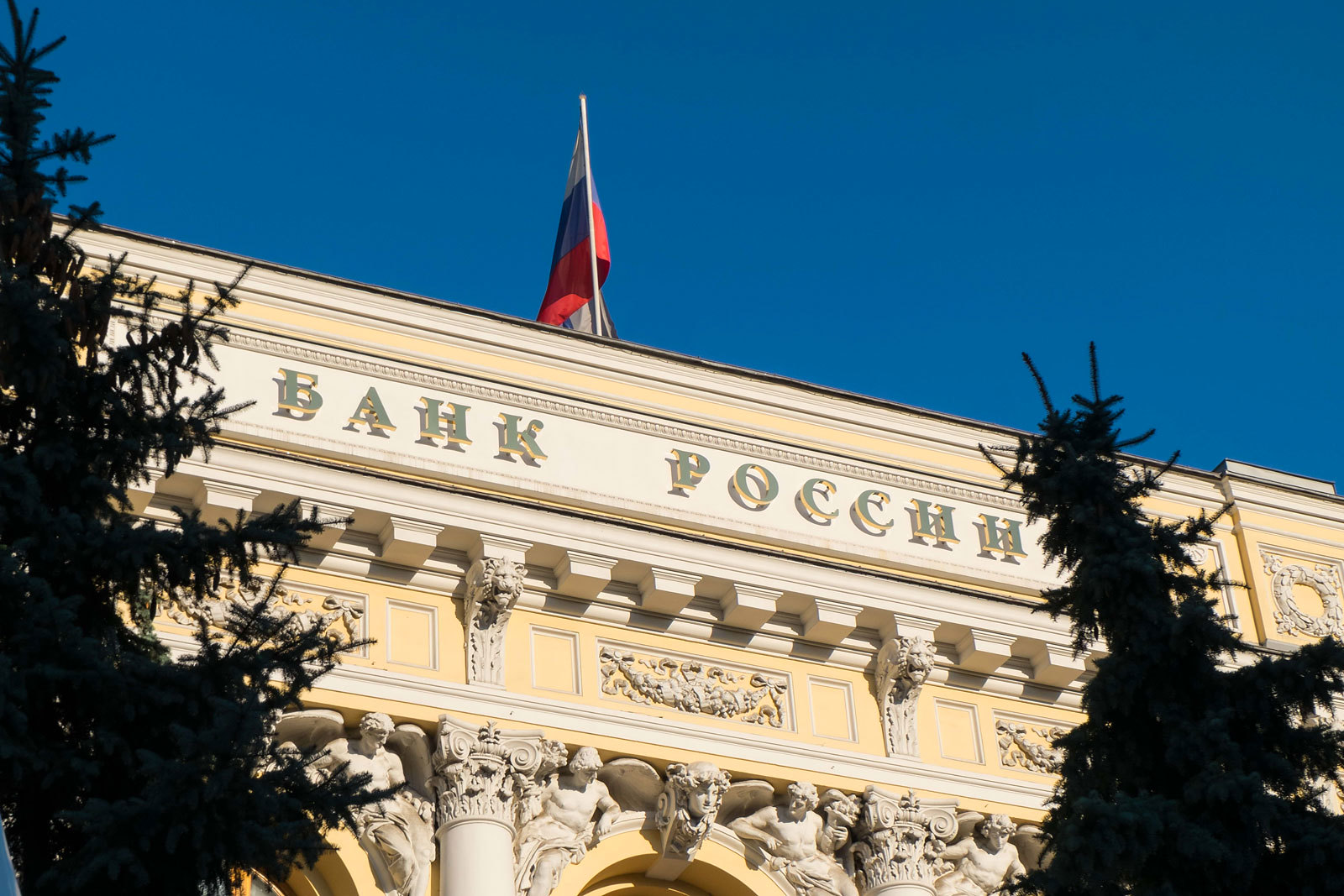The President's Non-NSA Remarks
Although the majority of this afternoon's press conference focused on the NSA's surveillance programs (transcript available in my post below), President Obama did speak to a few other important national security issues. Here are the relevant excerpts:
Q: Thank you, Mr. President. You have said that core al-Qaida has been decimated, that its leaders are on the run.
Published by The Lawfare Institute
in Cooperation With

Although the majority of this afternoon's press conference focused on the NSA's surveillance programs (transcript available in my post below), President Obama did speak to a few other important national security issues. Here are the relevant excerpts:
Q: Thank you, Mr. President. You have said that core al-Qaida has been decimated, that its leaders are on the run. Now that we've seen this terror threat that has resulted in embassies closed throughout the Arab world, much of Africa, do you still believe that al-Qaida has been decimated? And if I can ask, in the interest of transparency, can you tell us about these drone strikes that we've seen over the last couple of weeks in Yemen? PRESIDENT OBAMA: What I said in the same National Defense University speech back in May that I referred to earlier is that core al-Qaida is on its heels, has been decimated. But what I also said was that al-Qaida and other extremists have metastasized into regional groups that can pose significant dangers. And I'd refer you back to that speech just back in May, where I said specifically that although they are less likely to be able to carry out spectacular homeland attacks, like 9/11, they have the capacity to go after our embassies. They have the capacity, potentially, to go after our businesses. They have the capacity to be destabilizing and disruptive in countries where the security apparatus is weak. And that's exactly what we are seeing right now. So it's entirely consistent to say that this tightly organized and relatively centralized al-Qaida that attacked us on 9/11 has been broken apart and is very weak and does not have a lot of operational capacity and to say we still have these regional organizations, like AQAP, that can pose a threat, that can drive potentially a truck bomb into an embassy wall and can kill some people. And so that requires us then to make sure that we have a strategy is strengthening those partners so that they've got their own capacity to deal with what are potentially manageable regional threats if these countries are a little bit stronger and have more effective CT and so forth. It means that we've got to continue to be vigilant and go after known terrorists who are potentially carrying out plats -- plots are going to strengthen their capacity over time, because they're always testing the boundaries of, well, maybe we can try this, maybe we can do that. But this is -- this is an ongoing process. We are not going to completely eliminate terrorism. What we can do is to weaken it and to strengthen our partnerships in such a way that it does not pose the kind of horrible threat that we saw on 9/11. And you know, I'm not going to discuss specific operations that have taken place. Again, in my speech in May, I was very specific about how we make these determinations about potential lethal strikes. So I would refer you to that speech. Q: So you won't even confirm that we've carried out drone strikes in Yemen? PRESIDENT OBAMA: I will not have a discussion about operational issues. . . . Q: OK, thank you. I want to ask you about two important dates that are coming up. . . .And on September 11th we'll have the first anniversary of Benghazi. And you said on September 12th, make no mistake, we'll bring to justice to killers who attacked our people. Eleven months later, where are they, sir? PRESIDENT OBAMA: Well, the -- I also said that we'd get bin Laden and I didn't get him in 11 months. So we have informed, I think, the public that there's a sealed indictment. It's sealed for a reason. But we are intent on capturing those who carried out this attack, and we're going to stay on it until we get them. Q: And you're close to having the suspects in custody? PRESIDENT OBAMA: I will leave it at that. But -- but this remains a top priority for us. Anybody who attacks Americans anybody who kills, tragically, four Americans who were serving us in a very dangerous place -- we're going to do everything we can to -- to get those who carried out those attacks.
Ritika Singh was a project coordinator at the Brookings Institution where she focused on national security law and policy. She graduated with majors in International Affairs and Government from Skidmore College in 2011, and wrote her thesis on Russia’s energy agenda in Europe and its strategic implications for America.




